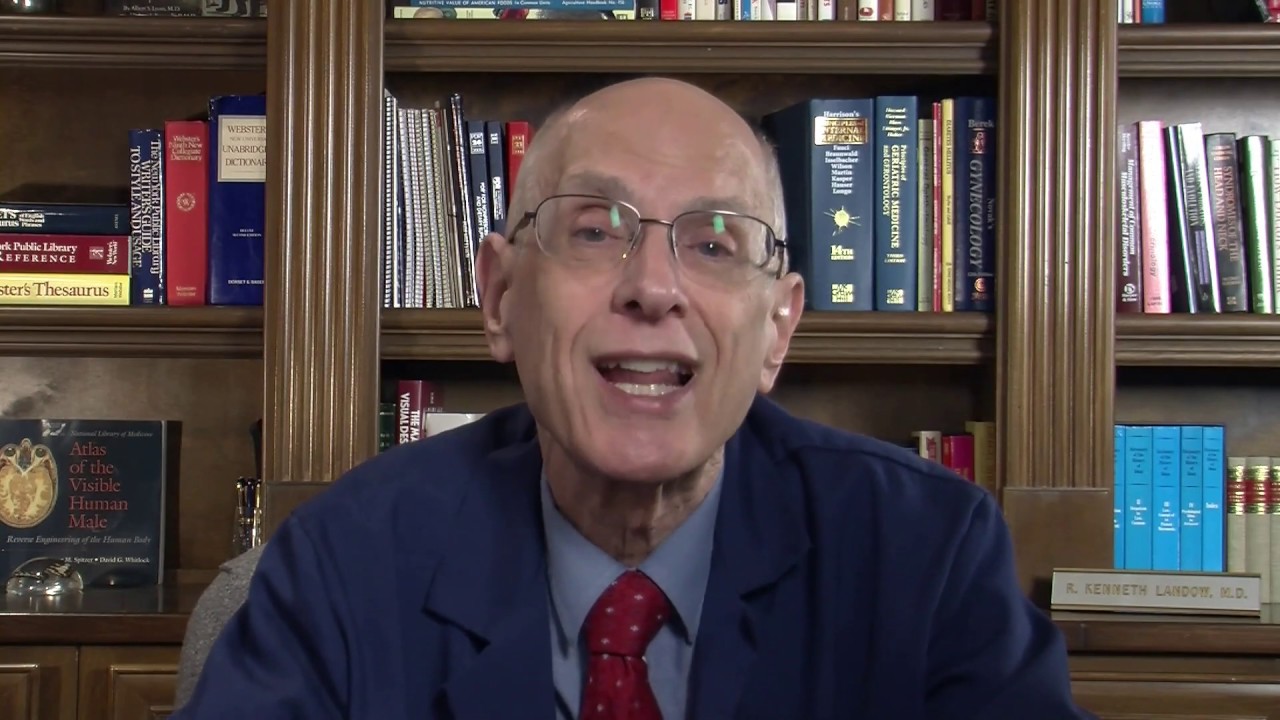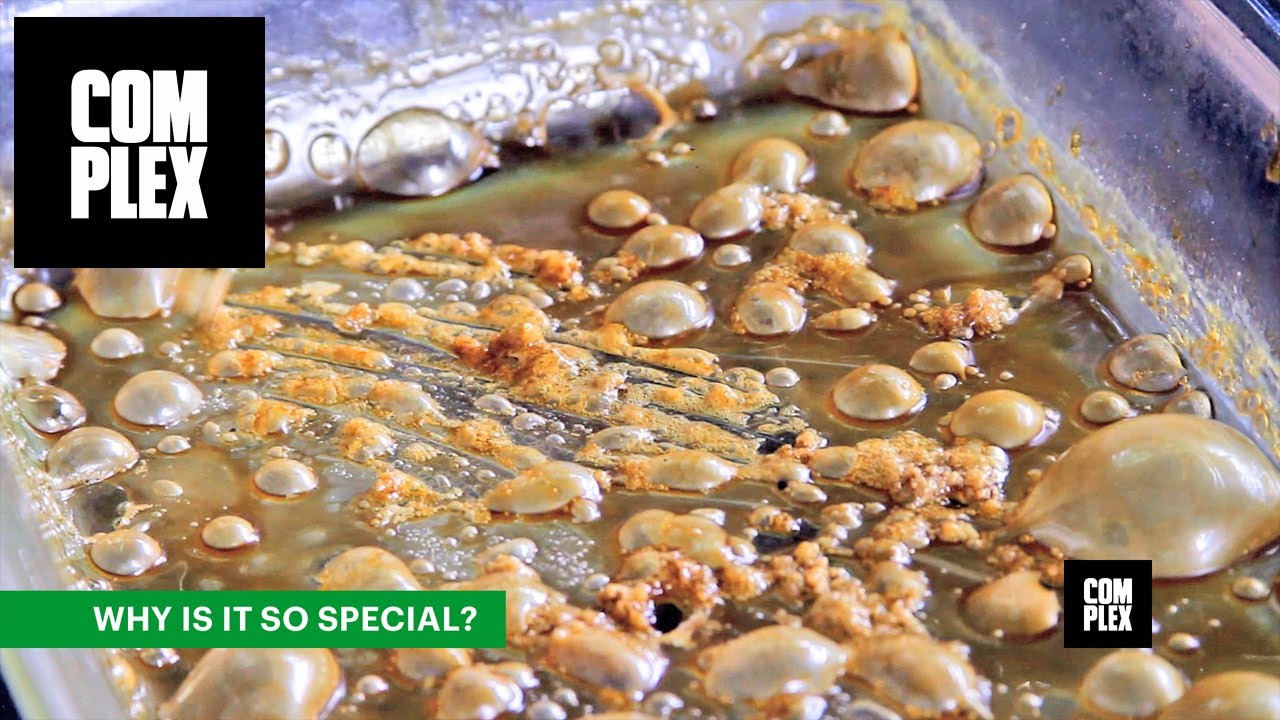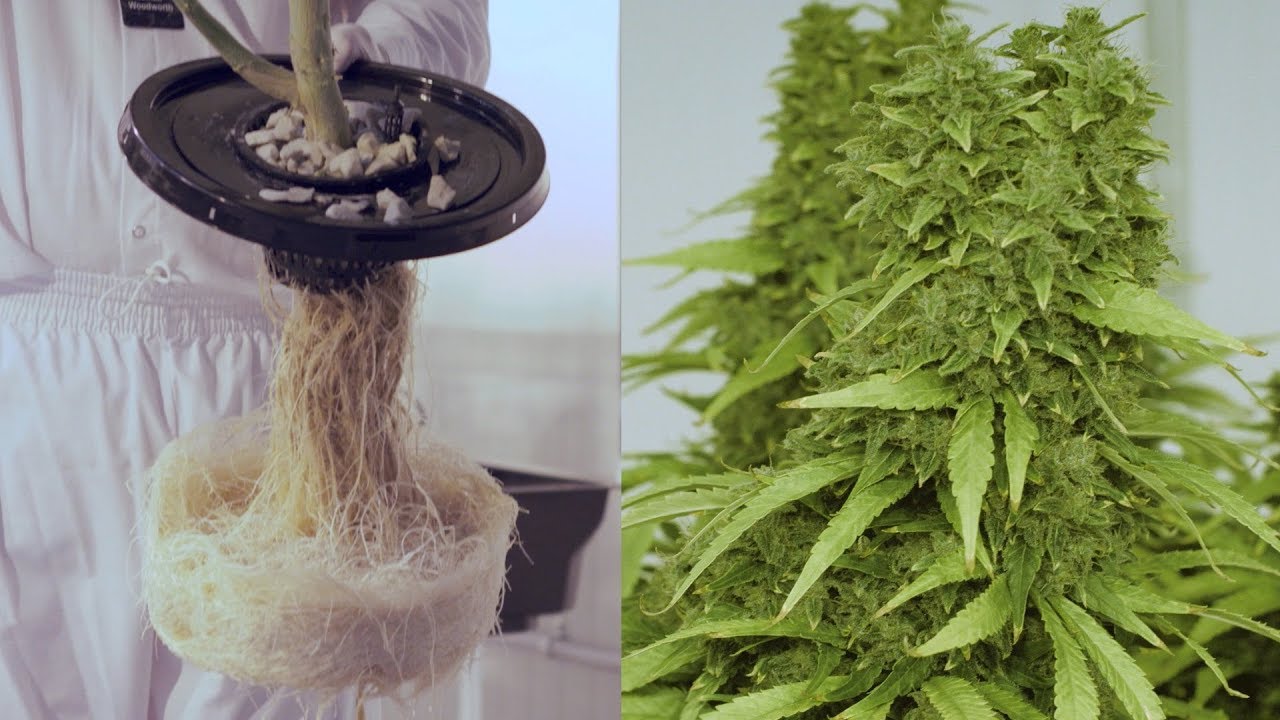Intense interest in CBD as a medical treatment far exceeds its known benefits. A purified form of CBD recently gained FDA approval as therapy for several uncommon forms of epilepsy that begin in childhood and resist standard anti-seizure medications. A closer look at Epidiolex offers some insight into the benefits and risks of CBD.
Epidiolex is 98% pure CBD with less than 0.1% THC, the psychoactive component of marijuana. Even at a maintenance dose of about 700 mg for a 150 individual, the rate of seizures in the Lennox-Gastaut form of epilepsy fell by an average of only 50%. The likelihood of complete remission with CBD treatment appears remote.
Side effects of this form of CBD included sedation, lethargy, fatigue, decreased appetite, diarrhea, weight loss and insomnia. Some abnormalities of liver function tests indicate the possibility of a degree of hepatotoxicity.
The CBD available to the consumer – either from a dispensary, a home delivery service, the internet or a variety of questionable sources – ranges from relatively harmless to potentially quite toxic. Recent testing of CBD from a wide range of sources reveals significant mislabeling with some samples testing positive for synthetic cannabinoids, polyaromatic hydrocarbons and THC in excess of the legal limit of 0.3%.
Urine and serum drug testing detects THC derivatives but not CBD. Unfortunately the laboratory results may be positive with more concentrated THC. High doses of CBD may contain sufficient THC to cause problems with workplace testing. At a level of 0.3% THC, a 25 mg dose of CBD will contain 0.075 mg of THC but a 1000 mg dose of CBD has 3.0 mg.
source



